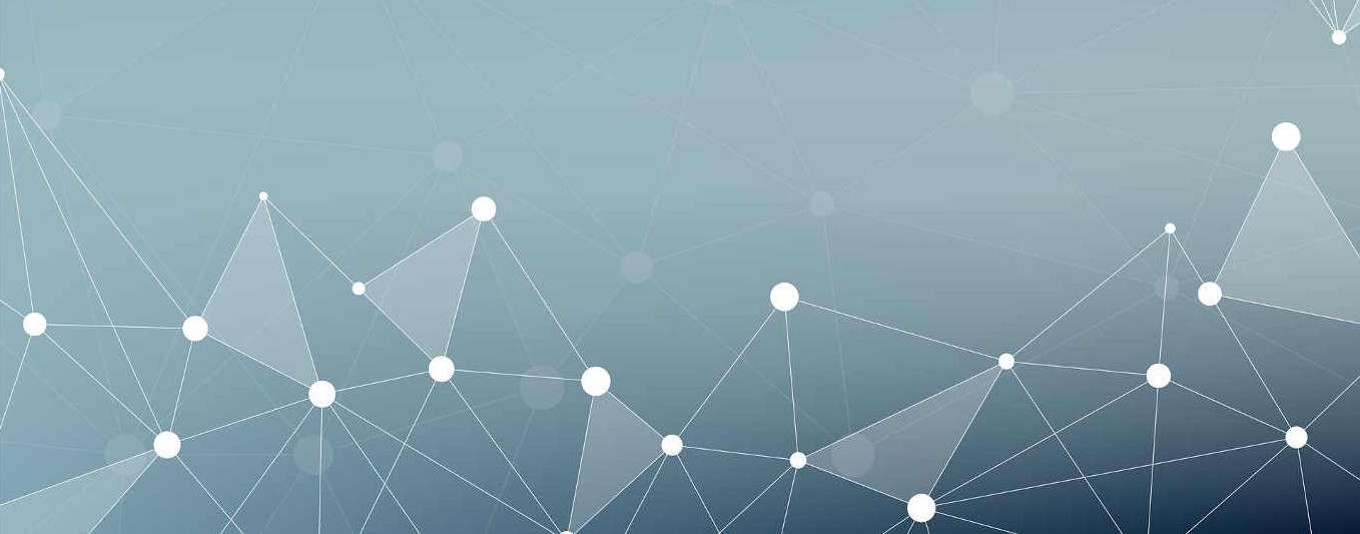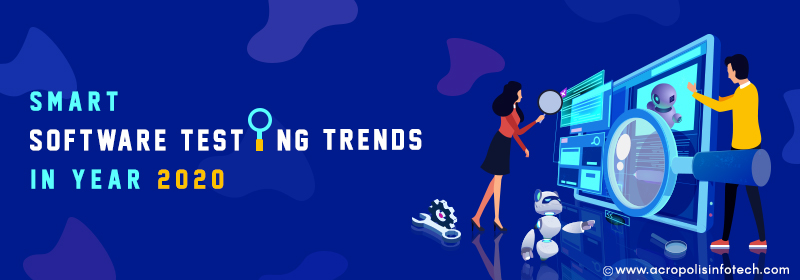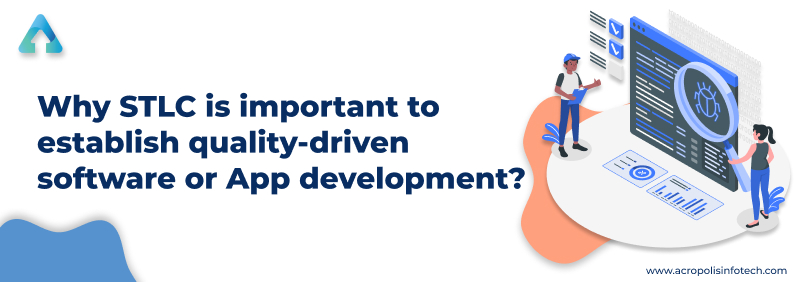Year 2019 is already about to end. Throughout 2019, smart software testing was the major focus for businesses in order to roll out high quality software quickly in the market. Going to market early gives competitive advantage to companies and helps create brand awareness earlier than the competitor’s software. Let us look at the challenges in traditional software testing and how latest advancements in AI are enabling the rise of smart software testing solutions to address these challenges in year 2020.
Evolution of software testing
Software testing has come a long way from the initial days of manual testing and the testing process included in the waterfall methodology of software development. Automation tools were introduced to improve the software testing process. These tools were refined over the years to make them more robust. Different software development methodologies were introduced like V-shaped model, Spiral model and Iterative model, till the Agile methodology gained prominence. Then came the concepts of DevOps and Continuous Testing. Now the future is shaping up to be one where AI finds applications in the testing process.
Challenges in traditional software testing
Traditional software testing springs up many challenges to the testing teams. They are:
- Existing code that was tested and cleared of issues might face issues again when changes are done. Thus, testing is needed after every expansion of the code.
- Long and overwhelming regression testing cycles.
- Inability to keep up with demands of impatient clients.
Incorporation of Artificial Intelligence in testing
Advancements in AI/ML provide great opportunities for addressing the challenges in software testing and help reduce the testing lifecycle. AI/ML can help the software testing process in the following ways:
- Manual testing process is time consuming and expensive. Passing the whole test takes several days or weeks. AI can speed up the process by helping in test script writing and analysis of large amounts of data sets.
- After every application change, the test code needs to be updated. AI bots can adapt and learn to find the application changes by themselves. Upon identification, they automatically estimate whether these are defects or new functionalities. No manual intervention is required.
- AI can help in continuous monitoring for errors.
- Ignored bugs can lead to lot of problems. AI can help in improving the reliability of the testing process and reducing the number of ignored bugs.
- AI can help to forecast client requirements.
Some smart software testing solutions available in the market
Many companies are coming up with a number of smart software testing solutions. Some of these are:
- Perfecto Codeless: This is an AI-based testing solution developed by Perfecto that can automate the writing of test scripts.
- Ultrafast Visual Grid: This is a new way of using AI functionality in validation of elements and maintaining test code and functional test scripts.
- Selenic UI: It is a tool by Parasoft that monitors tests, discovers errors, suggests remedies and does self healing.
- Testim development kit: Testim released a new AI-based testing kit to enable developers create resilient tests directly in the code. Thus, developers can download their tests as code.
AI in software testing has an exciting future as testing processes continue to evolve in order to cater to the demand of producing quality software quickly. Acropolis can be your trusted partner for all software testing needs by using the latest trends in the field to help you achieve your business goals. Contact us right now to have our technology experts at your service! All you need to do is have a detailed discussion with us about your needs, and upon your approval of our recommendations, we will help you achieve your business goals! And at affordable rates too! Even better, our services are available to businesses anywhere in the world! We cater to clients from US, UK, Australia, Germany, France and many more countries!











